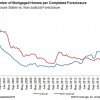Fees & Closing Costs Of Buying Or Selling a House
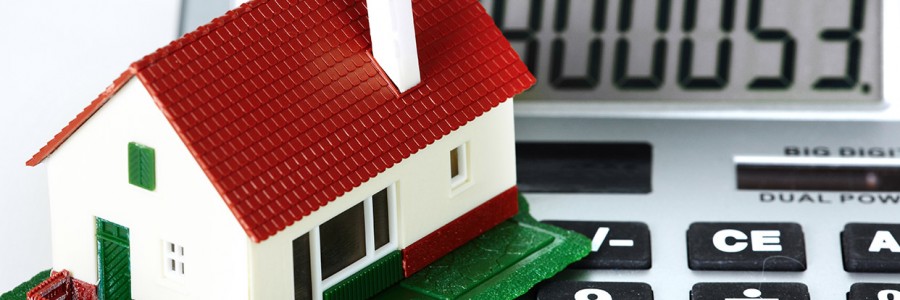
In my experience as a buyer and seller of hundreds of houses across the USA, homeowners should be wary of all of the fees & closing costs of buying or selling a house or home. Knowing these costs can save you a bundle over the years and will allow you to negotiate better with your lender or closing agent or title company.
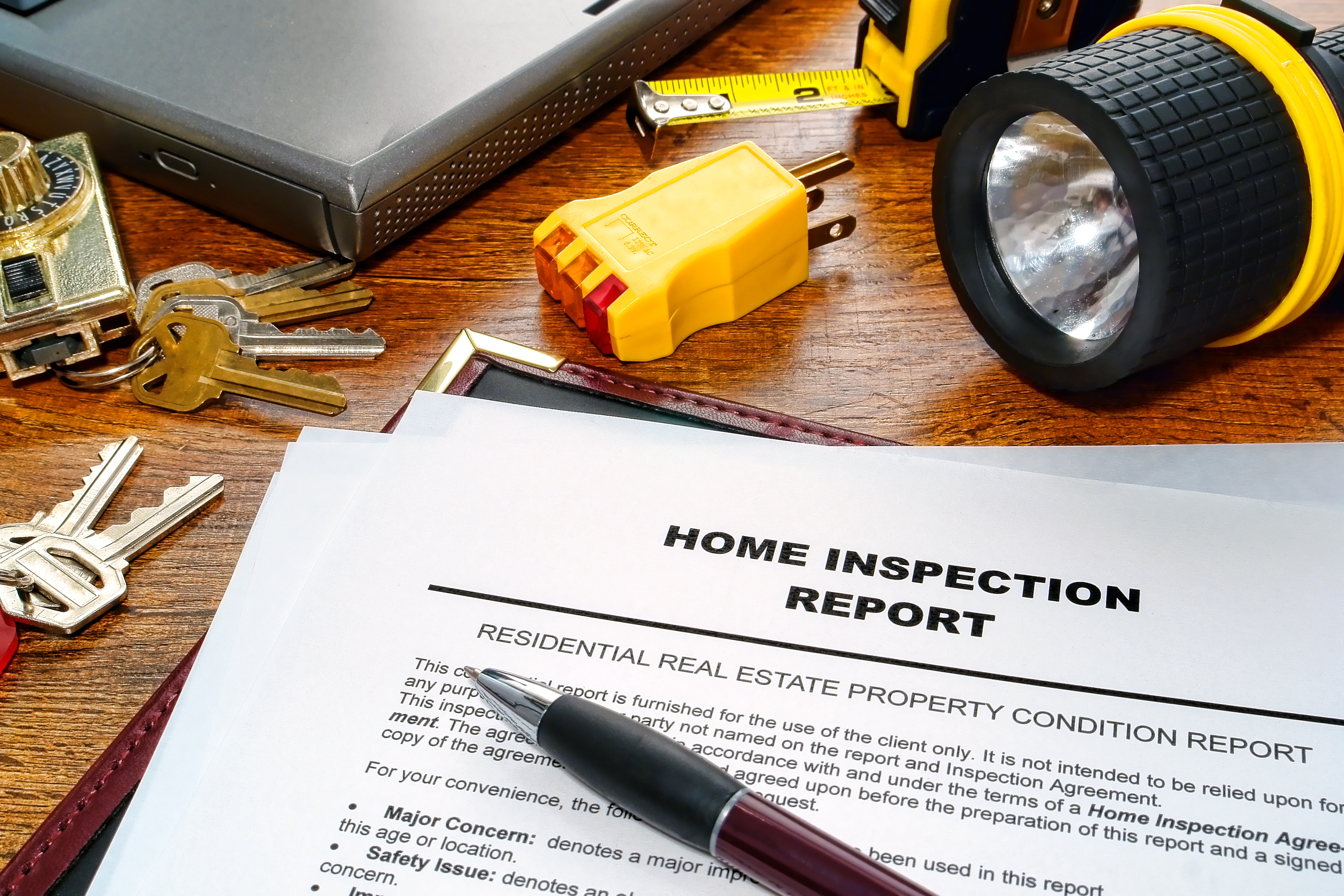
Home inspection costs
When buying or selling a house these are typically required by most lenders and can range from $200 – 1000 depending on location. As the regulation of home inspection businesses differs by state, home inspection prices are additionally not fixed and will change. Members nationwide, report spending a mean of $473. There are lots of fundamental guidelines to help decide the price of a home inspection. Is the size of your dwelling; the bigger the square footage, members more you will pay. Additionally, when you have particular requests – for instance, you have concerns about asbestos – you’ll will need to pay more because of this and probably require a specialized professional.
As the regulation of home inspection businesses differs by state, home inspection prices will change and are additionally not fixed. Members nationwide, report spending a mean of $473. There are lots of fundamental guidelines to help decide the price of a home inspection. Is the size of your dwelling; the bigger the square footage, members more you will pay. Additionally, in case you have specific requests – for instance, you have concerns about asbestos – you will probably require a professional that is specialized and will need to pay more because of this. Expect to pay at least $400 for an adequate home inspection from a reputable business on a typical 2,000 square foot house, but be conscious that can readily shove to $600 or $500 if you need a more comprehensive assessment or have a big dwelling.
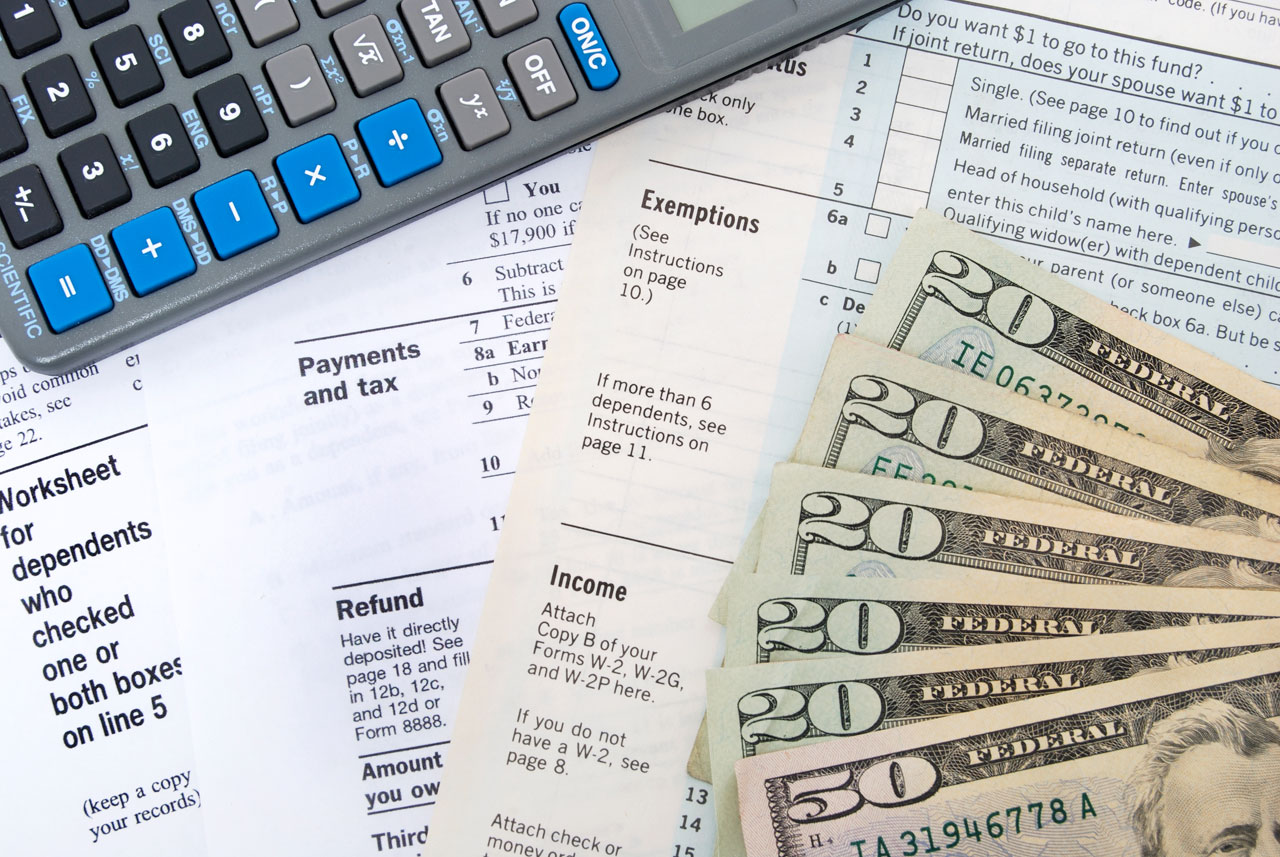
Property Taxes
When you buy or sell a home property taxes come with any property you are trying to purchase and can differ by neighborhood. Expect to pay prorated taxes on closing. Property taxes are only one of the types of tax that most folks should pay to be able to stay fiscally compliant. Nonetheless, it however remains a major price for homeowners. Property tax is imposed on citizens as a flat rate percent of the worth of property. Many different degrees of authorities are permitted to collect property tax, for example fire districts, including states, counties, school districts and special districts. An individual citizen’s property tax burden is the combined portion of property value from all these associations. A maximum overall property tax, that is the most an individual in the state could be anticipated to pay as an amount of the tax rate in every municipality may be imposed by states.
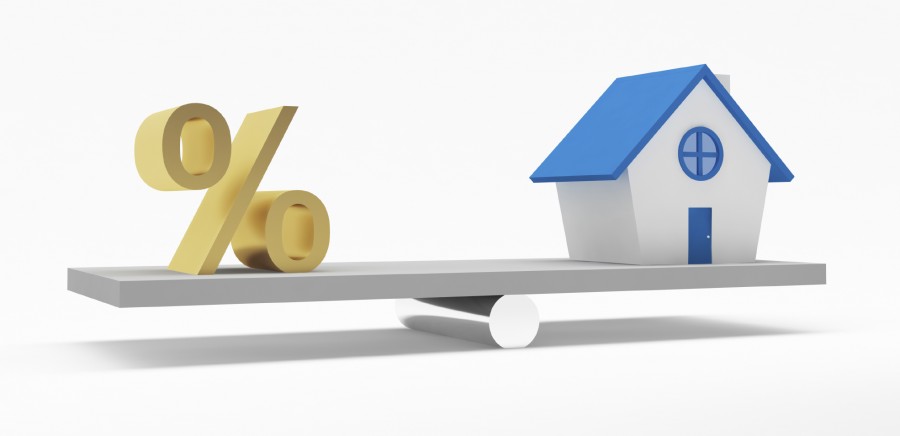
Mortgage Interest Rate
APR
Annual percentage rate The APR is a more comprehensive measure of the price of your mortgage since it represents some other costs including agent fees, discount points and some closing prices in addition to the rate of interest. The APR is, in addition, expressed as a percent.
Under the Truth in Lending Act, lenders must disclose the APR to borrowers.
Lender Fees
There are a lot of bank fees associated with buying a home. Most are negotiable by the lender.
- Government recording charges: The cost for recording your deed, mortgage and loan documents.
- Appraisal fee: The costs for finding out the value of the home
- Credit report fee: This is the fee that is charged for checking your credit.
- Title services and lender’s title insurance: Fees for checking and insuring the home’s title.
- Flood life of the loan fee: This is a government charge for your flood zoning and you’ll pay out of pocket for it.
- Tax service fee: Another pretty minor fee; This service makes sure that the taxes on the home are up to date.
- Bank origination fee: This is one of the charges you need to watch out for and it can get pretty expensive. Lenders typically charge 3-4 points which is negotiable by most banks. Points equal a percentage of the loan. So if you bought a house for $100,000. Expect to pay $3000 – $4000 in points at closing. Some lenders may allow you to bundle this in with the loan so ask before you close on the home. You can also lower your mortgage payments by offering to pay more points at closing.
Closing Costs
The closing costs are the fees associated with closing on the property. This can be split between the buyer and seller or even negotiated to who pays it. Closing costs consists of many different fees and it would be wise of you to know what they are before closing on the house.
- Notary fees. The Fee charged by a notary to verify the signers identity and to make sure the documents are filed and done correctly.
- Escrow fees. The escrow company is the intermediary between you and the buyer, ensuring that the money is handled properly. Escrow agents receive money from the lender, pay off your mortgage and closing costs, collect deposits and give the proceeds to the lender. You may be able to split these costs with the buyer.
- Mortgage settlement balance. Tax write-offs from the deal cost contain second mortgages, your own home loan and home-equity lines of credit.
Loan settlement fee. - Lien releases. Should you owe money for property taxes or court rulings or to a contractor, a lien could have been put on your own premises. Those liens must be paid by you before the deal can close.
- Prepayment fee. Learn from your lender if there is a fee for paying your loan off .
- Recording fees. You must pay this fee to prove that your debts have been entirely paid, should you owe money on the property. This is actually the cost you pay to the brokers for making the selling of your home. The agents’ various brokerages paid they.
- Notary fees. Fee charged by a notary to ensure that the files are executed correctly and to confirm your identity.
- Escrow fees. The escrow business is the intermediary involving the buyer and also you, making sure the cash is managed correctly. Escrow agents provide the profits to the bank and pay off your mortgage and closing prices, accumulate deposits, receive money from the lending company. You might have the ability to divide these prices with the purchaser.
Title firms hunt public records to think of a title insurance commitment. That obligation says the house is owned by you, and anything which may impact the title, for example mortgages, liens, easements, limitations and home owner organization assertions is detailed by it. - Seller concession.
- Repairs. You might be asked to cover repairs, either by a state of the lending company or by discussion together with the buyer.
- Home warranty.
- Termite letter. This file is needed in specific regions of the state.
Knowing the closing costs, lender fees, Mortgage APR rate and Mortgage interest rate fees can save you a lot of money during closing & in the long run. So know what they are before signing the dotted line!

- Created On: November 4, 2015
- Last Updated On: November 4th, 2015 at 2:06 pm
- Selling Your Home
- No Comments











